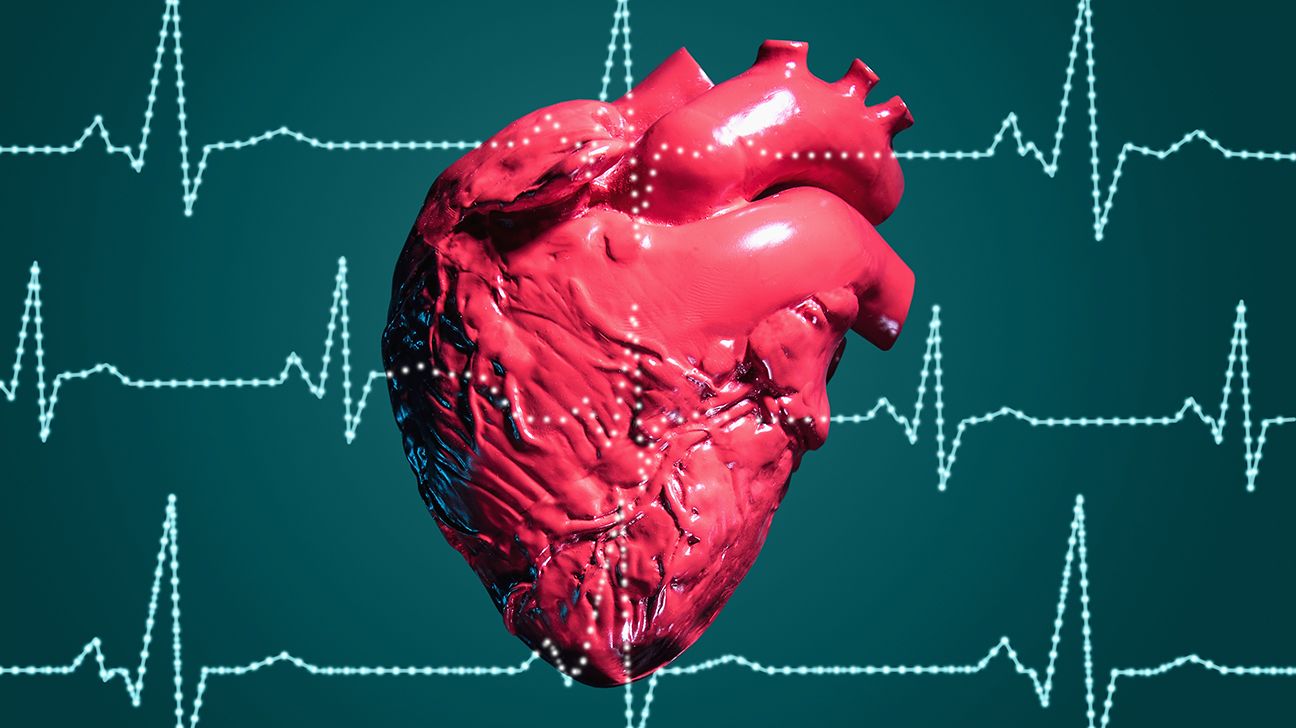Atrial fibrillation (AFib) is the most common type of abnormal heart rhythm. It happens when the upper chambers of your heart, called the atria, quiver, causing your heart to beat irregularly.

Atrial fibrillation (AFib) is a heart arrhythmia (irregular heartbeat) that may contribute to other health conditions and can increase your chances of having a stroke.
AFib is treatable, but it can play a role in many other serious heart problems. This article will explore some of the possible causes or triggers of AFib and what you can (or can’t) do to prevent this condition.
AFib is a
When you have AFib, this movement becomes uncoordinated, interfering with the movement of blood through your heart.
While the exact cause of AFib is unclear,
AFib becomes more likely as people age, and it’s more common in people who have certain heart conditions, obesity, high blood pressure, and other health conditions.
Many people develop AFib as part of the typical aging process. Some health conditions can increase your risk of developing it. Advanced age and high blood pressure are among the most common risk factors associated with AFib.
Other
- obesity
- genetics
- diabetes
- heart failure
- ischemic heart disease
- hyperthyroidism
- chronic kidney disease
- sleep apnea
- chronic obstructive pulmonary disease (COPD)
- chronic or heavy alcohol use
- cigarette smoking
- enlargement of your heart on the left side
strenuous physical activity or endurance training - stress and anxiety
higher testosterone levels
You may not be able to prevent AFib if you have a strong family history of this condition. People of
Still, maintaining an overall heart-healthy lifestyle can help you avoid a variety of cardiac problems, including AFib.
- avoiding smoking
- avoiding excessive caffeine consumption
- limiting alcohol intake
- managing high blood pressure
- managing your cholesterol levels
- making efforts to maintain a moderate weight
- eating a heart-healthy diet
- exercising regularly
AFib is treatable, but it can still be dangerous. It’s believed to play a role in the deaths of nearly
AFib is treated using medications and procedures, and the main goal is to regulate the rhythm and rate of your heart is the main method of treating AFib. Learn more about treating AFib.
Medications that help regulate your heart rate and rhythm, such as beta-blockers, calcium channel blockers, or antiarrhythmics are usually used. Your healthcare professional may also give you medications to help prevent blood clots that might form as a side effect of AFib. AFib can cause blood to collect in the atria, and clots that form in this collected blood can increase your risk of a stroke or heart attack.
Following a treatment regimen is the most important way to improve your outlook if you have AFib. This usually means working with your cardiologist and other healthcare professional to find the right medications and treatments to
- returning your heart to normal sinus rhythm with medications or cardioversion
- preventing high, irregular heart rates with medications
- preventing blood clots
- taking steps to prevent other heart conditions
How serious is being in AFib?
Is AFib caused by stress?
Stress is
Can AFib cause other health problems?
AFib can increase your risk of many complications, including heart failure and stroke. Regulating your heart rate and rhythm in AFib is
AFib is a problem with the electrical signals in your heart. Many risk factors are associated with the development of AFib, and not all of them are avoidable.
If you receive a diagnosis of AFib, sticking to the treatment plan your healthcare professional creates is the best way to improve your outlook and prevent possibly fatal complications.
